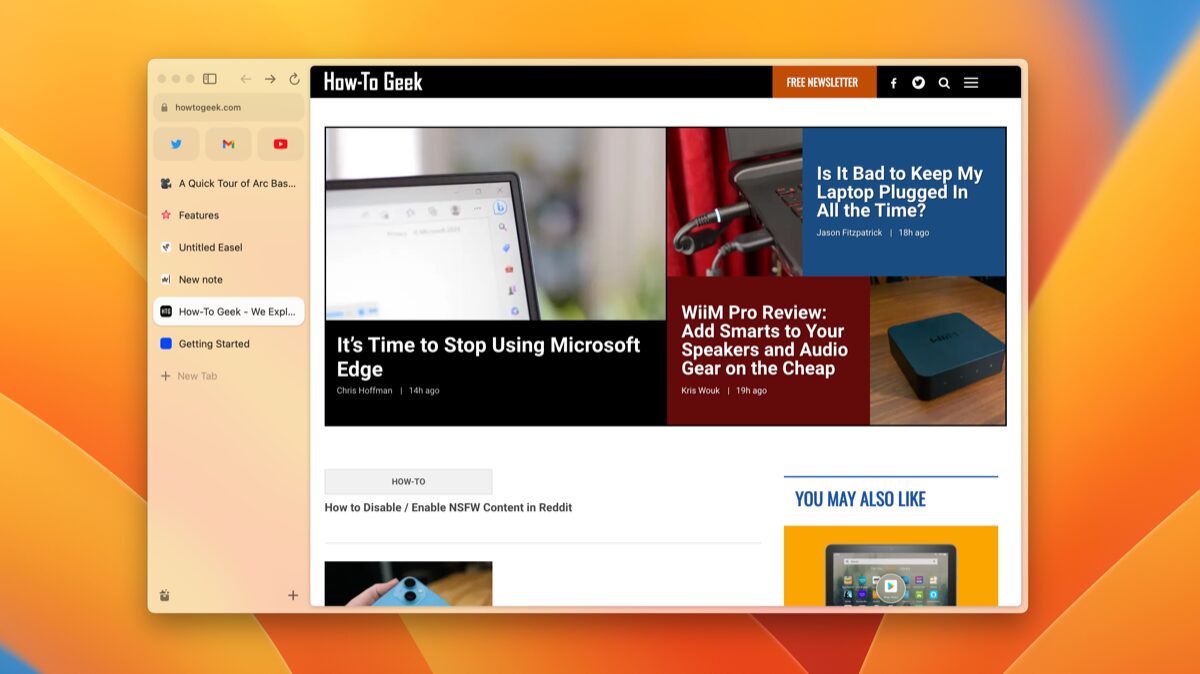Windows 11 Just Killed a Local Account Setup Workaround
There are still other ways to skip a Microsoft account during PC setup, though.
Windows 10 started the trend of asking people to use Microsoft accounts when setting up PCs instead of local accounts. Windows 11 made it much harder to opt out of Microsoft accounts, and now another local account workaround has been removed.
Windows 11 requires people to log in with a Microsoft account when setting up a new PC, but there are hidden workarounds that Microsoft intends for corporate deployments and other use cases. There was also a much easier workaround: typing “example@example.com,” “no@thankyou.com,” “a@a.com,” or another general email address in the login screen. Generic email addresses would cause the setup to fall back to the typical offline account setup.
Microsoft has seemingly caught on to this workaround, as there are reports of it not working anymore. Instead of proceeding to an offline account setup, the installer shows a “Oops, something went wrong” message and asks you to try again.
Thankfully, there are still other workarounds for using Windows 11 with a local account. The main method of opening the Command Prompt during setup and typing a bypass command still works. You can also use tools like Rufus to create a customized Windows 11 installer without the Microsoft account requirement. Rufus also automatically reject data collection questions during the Windows setup process and remove the requirement for TPM 2.0 and Secure Boot.
It’s easier for Microsoft to upsell its other services, like OneDrive, Microsoft 365, and Game Pass, when it has your email address from the start. That’s the main reason why Windows 10 started pushing Windows 10 accounts, and only allowed local accounts if the PC was not connected to the internet. That loophole was closed with Windows 11, so new PCs just can’t be set up at all without an internet connection.
The good news is that Microsoft can’t fully remove support for local accounts, because they still need to exist for PCs managed by organizations and unattended installations. The workarounds might become more annoying over time—the email method didn’t require memorizing or looking up a command, for example—but they should continue to exist for the foreseeable future.
Source: Zac Bowden (Twitter, X) via Tom’s Hardware










